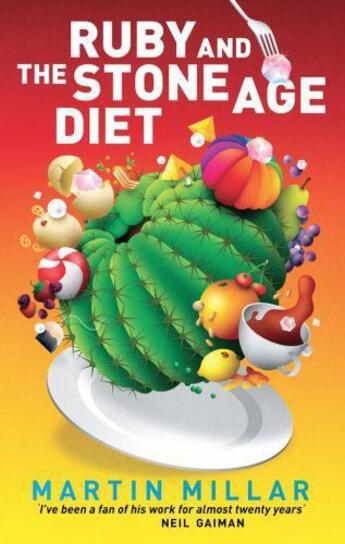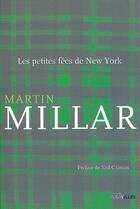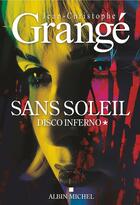-
Nombre de pages : (-)
-
Collection :
(-)
-
Genre :
(-)
-
Thème :
Non attribué
-
Prix littéraire(s) :
(-)
Résumé:
'From now on,' Ruby says to her friend, the narrator, 'We're going on the Stone Age diet. It means we only eat the sort of healthy things our ancestors would have eaten. Raw grains and fruits and stuff like that. That's what our bodies are made for.' An admirable plan, but Ruby never eats and... Voir plus
'From now on,' Ruby says to her friend, the narrator, 'We're going on the Stone Age diet. It means we only eat the sort of healthy things our ancestors would have eaten. Raw grains and fruits and stuff like that. That's what our bodies are made for.' An admirable plan, but Ruby never eats and the narrator's attention span doesn't lend itself to routine. He's too busy pining for his ex-girlfriend, who broke up with him and left him with self-pity and a plant: an Aphrodite Cactus that, when it flowers, is supposed to seal the love of the giver to the receiver, according to Ruby. Ruby, who never wears any shoes (even in the dead of winter).
Though lovelorn and lonely, the narrator's life is rich with myth, demons, werewolves, gods and goddesses; everything is imbued with a spirit. There's Helena, goddess of electric guitar players; Ascanazl, an ancient and powerful Inca spirit who looks after lonely people; Shumash the sun god; the war and sexuality goddess Astarte; the muse Clio. In fact the only thing stronger and more sustaining than the narrator's fantasy life is his friendship with Ruby - the kind of friendship a body is made for.
Donner votre avis















